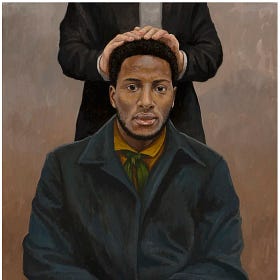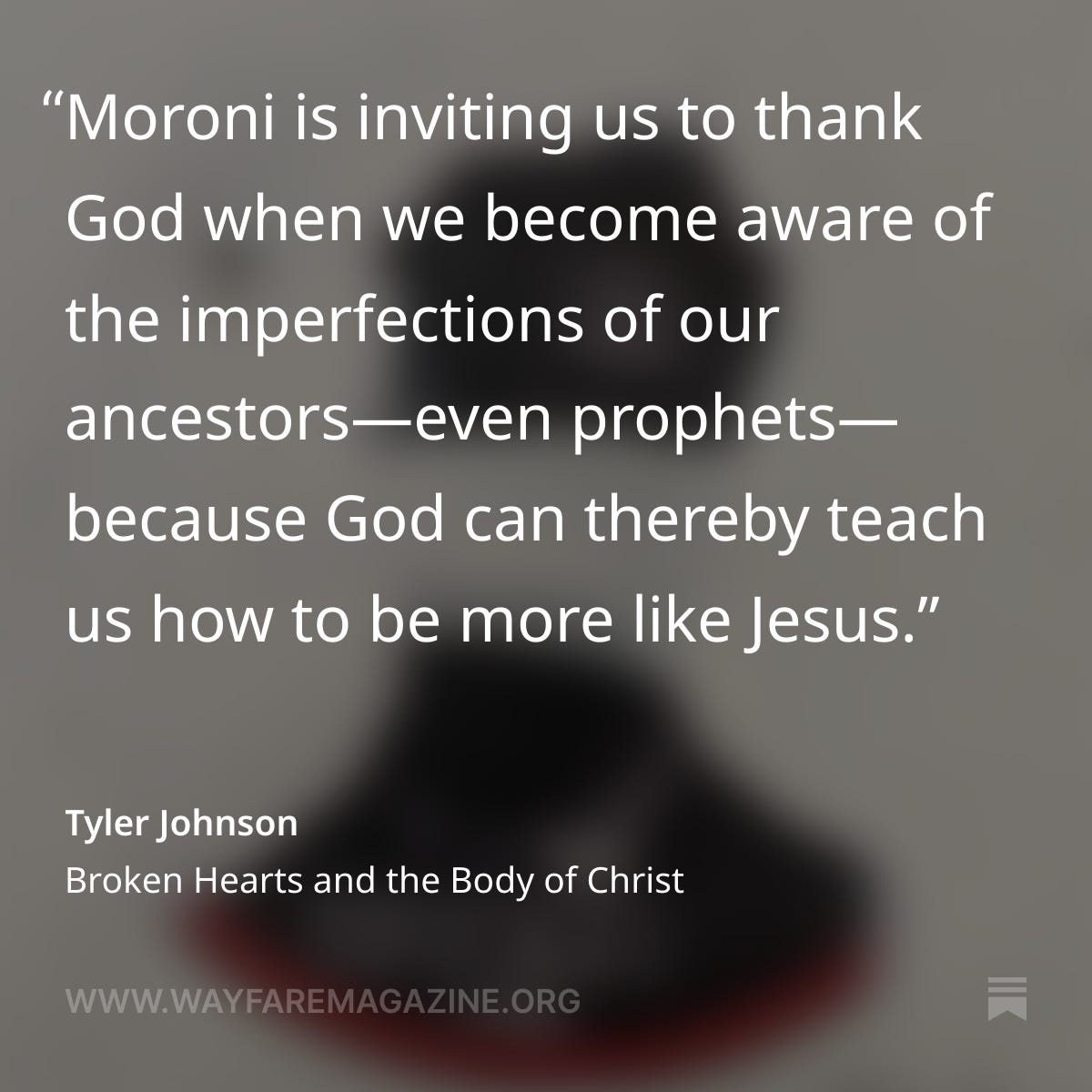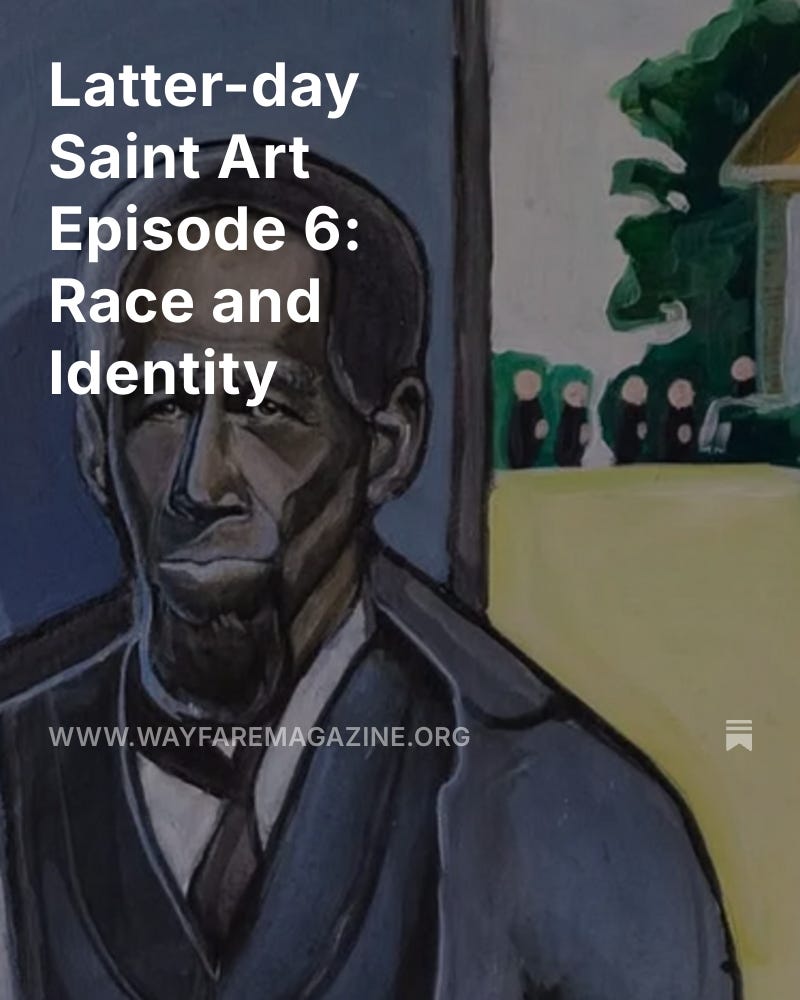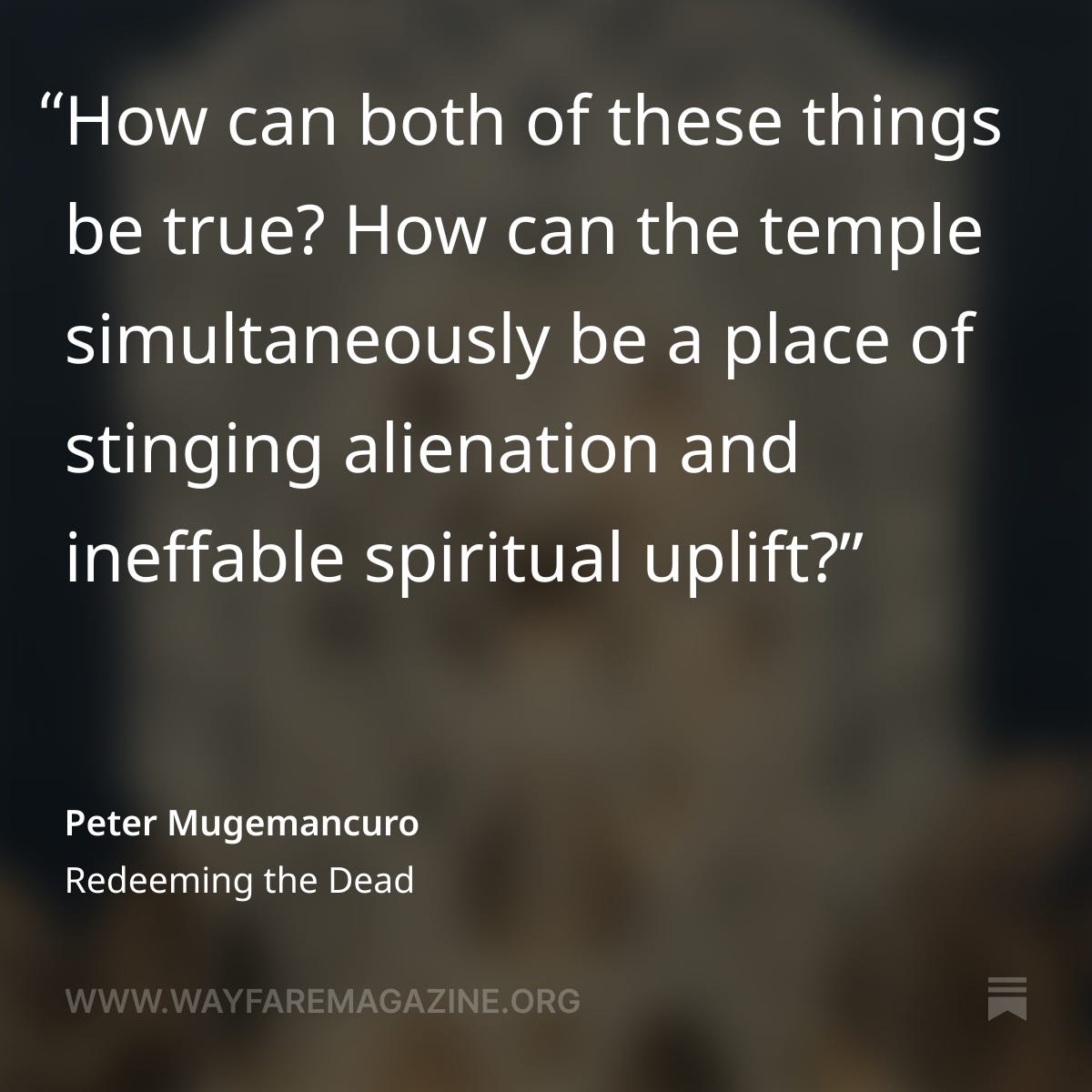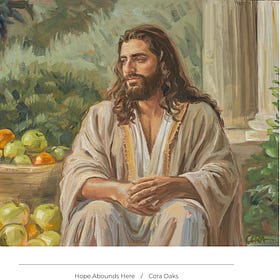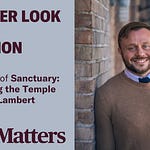June 9th marks the 47th anniversary of the 1978 revelation that ended the Church’s 126-year ban on Black members receiving the priesthood and entering the temple. It’s a moment we often point to with reverence and gratitude—but the story we’ve inherited about how it happened is, in many ways, incomplete.
To help us understand more fully what led to that pivotal moment, we’re joined by Dr. Matthew Harris. His new book Second-Class Saints draws on previously unavailable documents, including complete, unredacted journals from President Spencer W. Kimball and private papers from several other apostles and prophets who were part of this story. What emerges is a story of complex revelation—one that didn’t arrive all at once, but unfolded slowly through conversation, persuasion, and deep personal growth.
We sometimes talk about the 1978 revelation as if it came out of nowhere—a sudden command from heaven. But Matt helps us see the reality that this was a process shaped by years of thoughtful wrestling and dialogue, courageous individuals who quietly worked to open hearts and minds, and the unwavering faith of Black members who carried impossible burdens with grace and conviction.
In our conversation today, we explored what it means to be part of a living church—one that’s capable of change, because it’s built on continuing revelation. We talked about how “doctrine” has been defined and redefined across the Church’s history, and about the vital role each of us plays in the process of institutional revelation. This isn’t just about the past, it’s about how we show up today—how we answer President Nelson’s call to root out racism and build a more inclusive future within the body of Christ.
We’re deeply grateful to Matt for his careful, bold work.
KEEP EXPLORING THESE TOPICS:
How can I make sense of our history of denying priesthood and temple blessings to our Black brothers and sisters?
Dig into the history with Terryl Givens and Paul Reeve.
Is it okay to work for change in the church?
Dive into how we think about prophetic and personal revelation; hear powerful stories of ordinary members navigating pivotal moments, from Black Latter-day Saints who held onto hope during the painful years before 1978 to those who quietly and actively worked for change; and learn more from the examples of Eugene England, Lester Bush, Lowell Bennion, and others.
KEEP EXPLORING WITH OUR “RACE” TAG
Listen to an interview with one of the founders of the Genesis Group, learn more about the importance of diverse religious art, dive deeper into the Church’s racial history, learn more about the contemporary Black American LDS experience, hear from an interracial couple about their experiences in the Church, gain insight into how we can continue to root out racism and respond to outdated narratives, and more:
READ MORE FROM WAYFARE:
STUDY “COME FOLLOW ME” WITH FAITH MATTERS
How can I speak more openly about the things that matter most to me?
How do I talk to my kids (and myself) about topics like chastity, sexuality, and modesty? Is there a way Latter-day Saints can authentically testify that they know the Restoration is true without sounding (or being) either naïve or intolerant? What does it mean to be a changemaker in a Church that values both institutional authority and ongoing revelation?
What does it mean to forgive?
What does forgiveness require, and what does it not require? How can I bring every part of myself to the project of building Zion? What do we as a people have to offer the world? How can I embrace my unique gifts?
To receive Come Follow Me resource roundups from Faith Matters in your inbox, first be sure you are subscribed to the Faith Matters Substack, then go to manage your subscription and turn on notifications for “Come Follow Me”.
Read the first installment in our summer book club now, and turn on notifications for “Gracing” to get these sent to your inbox on Tuesdays!
Our summer book club is free—just head to faithmatters.org/account and turn on email notifications for “Gracing” to join.


